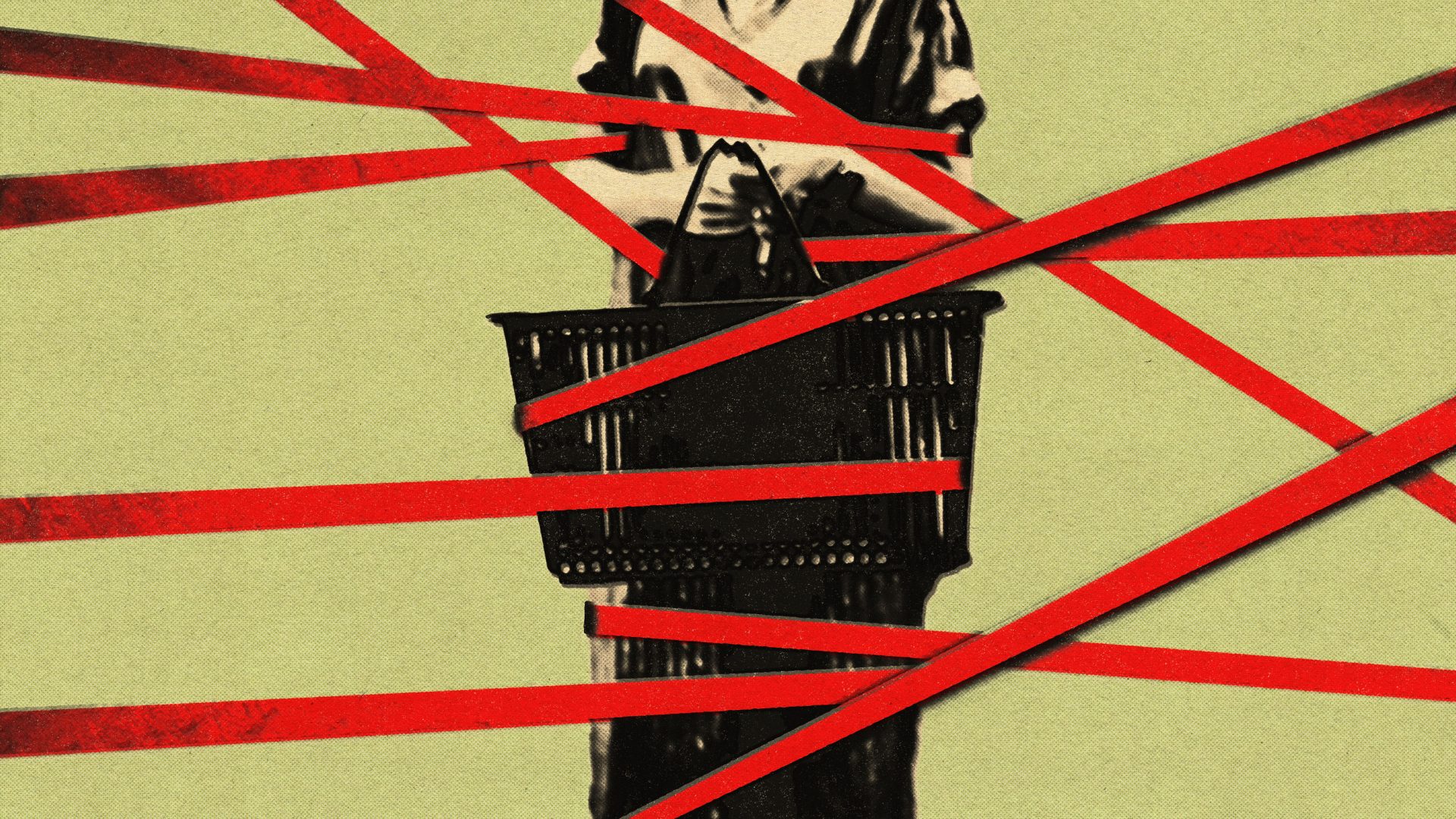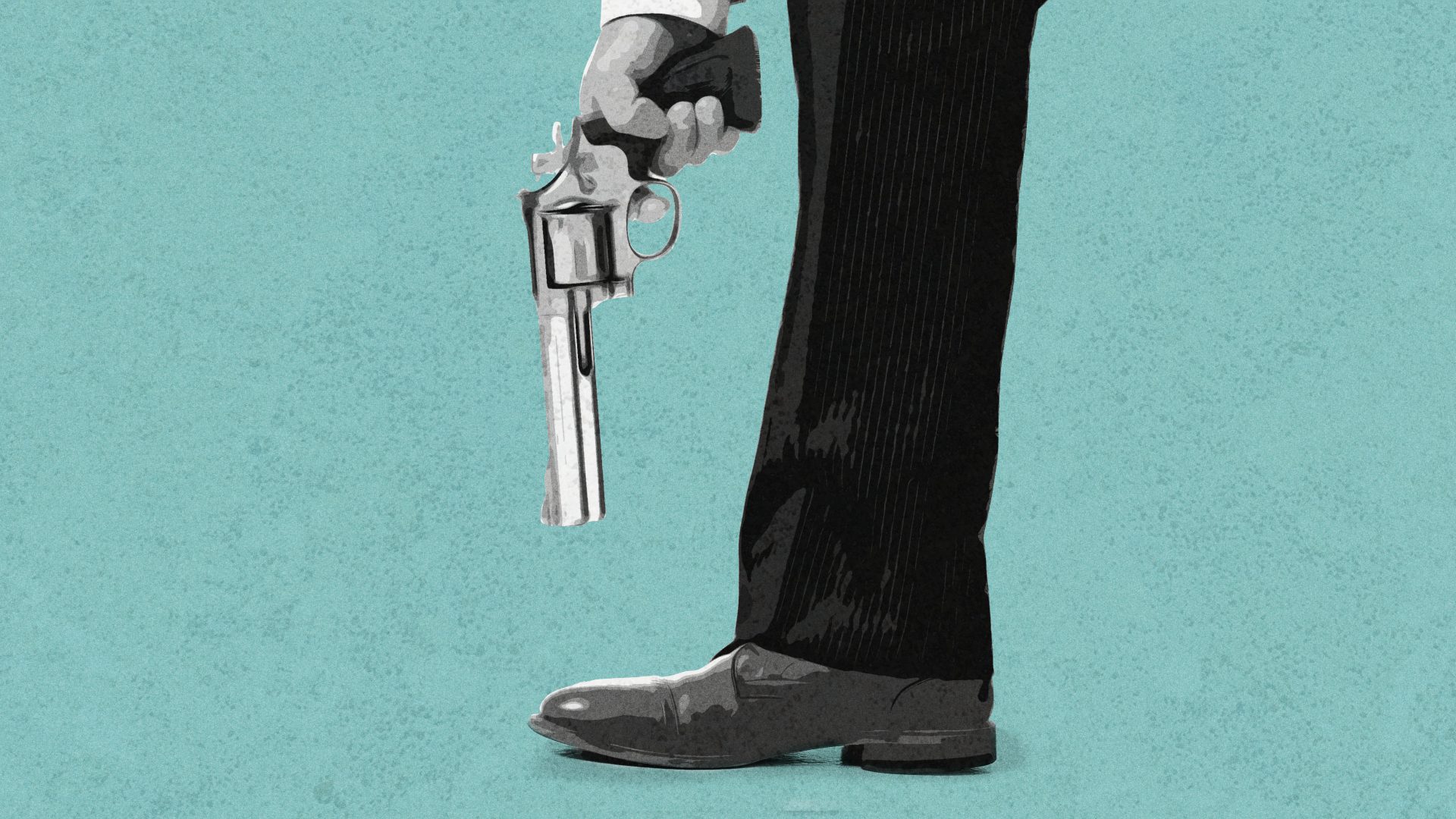Food inflation in the UK is running at 19.1% a year, the highest level in 45 years. The average family is having to find a fifth more to feed themselves every week, compared with the same time last year. It is a huge burden on people and especially the poor, who spend a much higher proportion of their incomes on essentials.
The first thing to say is that although Britain currently has western Europe’s worst overall inflation rate (10.1%, compared with 7.8% in Germany, 6.6% in France and a tiny 3.1% in Spain), it is far from the only country with food inflation problems. Italy, France, Spain and the Netherlands all have lower food inflation rates, but our 19.1% is actually 0.1% better than the EU average. However, that average is distorted by Hungary’s rate of 44.5% and high rates among many of its closest neighbours, who are also suffering from their proximity to the war in Ukraine, but do not have the added drag of a chaotic government run by the despotic Viktor Orbán.
But Britain has its own “Orbán factor” – something that is helping to make our inflation worse than the rest of Europe’s and our food inflation higher than it should be.
We all know that Brexit has added to the burden. It has disrupted supply, undermined the road haulage industry, and added piles of expensive red tape to every lorry load of food that crosses the border into the UK, pushing up prices by 6%. That is on top of the massive increase in energy, commodity and fuel prices caused by the war in Ukraine and helps explain why UK inflation, and especially food inflation, is so high.
But now Brexit has another gift for the hard-pressed and the desperate – because Brexit is not finished. The government may have forgotten to remind you, but it has stopped checking the quality, safety and origins of the food that enters the UK; it just wasn’t ready for Brexit and so, unlike the EU, it has just been waving through thousands of trucks a day without checking them. It has delayed introducing those tests four times, because it failed to plan for Brexit and because it knows it will hike food prices in the UK again.
We know this because last year the minister for Brexit opportunities at the time, Jacob Rees-Mogg, travelled to Dover to delay their introduction once again. He said that introducing the checks would have been an “act of self-harm” because they would have cost £1bn a year and increased people’s food bills. But what wasn’t so widely reported is that he went on to say that “for some costs it would be quite significant… If you look at small deliveries like cheese, you are talking about a 71% increase maximum level on the retail price and frankly at that level the goods would just not have come in.” Well, I couldn’t have put it better myself – massive hikes in prices and many foods not even making it into the UK.
But the checks will have to be introduced sometime. Food safety organisations, vets, retailers and food manufacturers know full well that the UK is playing Russian roulette over this issue. No checks mean that a repeat of the horsemeat scandal, or another foot and mouth outbreak are increasingly likely, and the farming industry is terrified of what might happen.
Meanwhile, food safety and standards are under threat. With no checks the UK is the go-to destination for every dodgy dealer trying to offload rotten meat, infected eggs, counterfeit cheese, adulterated olive oil and stinking fish.
At the time of the last delay, Minette Batters, president of the National Farmers’ Union, said: “It is astounding that the government is taking such an unacceptable approach to critical checks for agri-food imports from the EU.
These checks are absolutely crucial to the nation’s biosecurity, animal health and food safety and without them we really do leave ourselves at risk.”
Not only that but since British food exporters face all the correct and necessary checks when selling into the EU, the industry is at a huge disadvantage. It is being undercut by EU rivals who sail through the border.
But the ex-minister is now hardening his position. When grilled on this very subject of border checks on his own TV show, Rees-Mogg said this week: “I stopped them. There is no reason to bring them in. They should be stopped again. If the government wishes to put those controls on, that is the act of a democratic government. Do I think they are foolish? Yes, I do. That is why I succeeded in stopping them last year.”
Which just reeks of desperation. He stopped them because they would have increased food inflation even more, and they will do that again – but without them the whole food sector is under threat. It is inevitable that they will be introduced. Shane Brennan of the Cold Chain Federation told the New European earlier this year that when these new controls were expected to be introduced last year: “We were clear at that time that this would have collapsed a significant part of the food supply chain into the UK.”
Now Brennan has written an explanation of just how messy it is going to be for Britain in a changing Europe. Take a producer of buffalo mozzarella in Italy. As of October 31 they will – for the first time possibly ever – have to: learn the new UK rules; find a vet to certify goods on site, at a cost of €200 to €700 a time; find a specialist haulier; employ an agent to ensure the data gets onto the UK’s food import IT system, alongside customs declarations, at maybe €50 to €200 a time; and pay a new border inspection charge of up to £43 on every consignment.
These new rules will add billions to food import costs and many small EU exporters will decide it is not worth selling in the UK. We know this because a third of British exporters stopped exporting when the EU introduced the exact same checks in 2021. The UK imports 30% of its food from the EU; serious shortages will start very quickly if the system collapses.
All of this will happen just as food inflation should be improving, as the huge price rises we have seen in recent months drop out of the calculations. No other country will be introducing new expensive self-imposed border controls and checks, meaning that food inflation is likely to fall faster and further elsewhere.
In short, someone is going to have to pay for this mess, and it will be you – every time you go to the shops.




